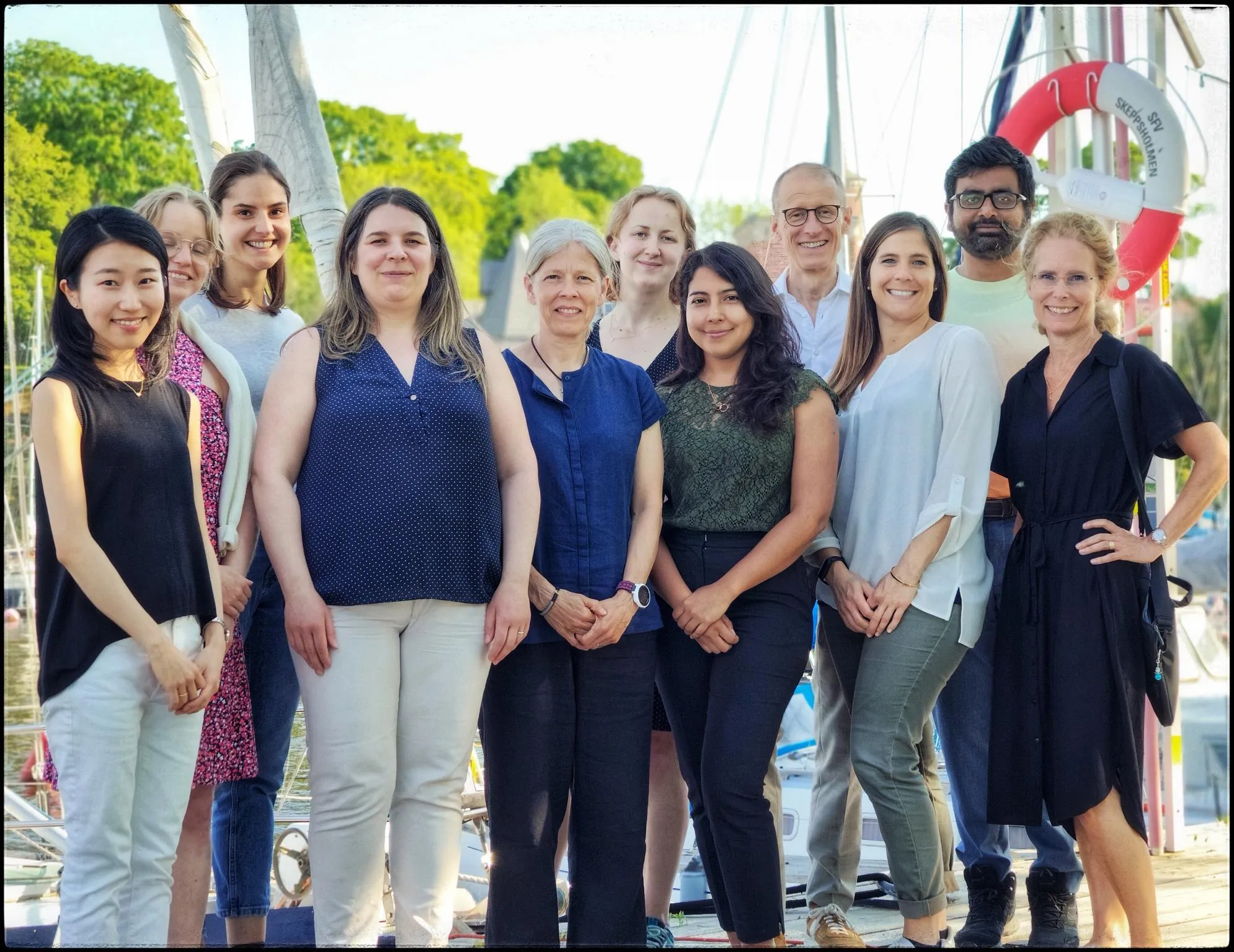Vår forskning
Gruppens forskning syftar till att förstå hur vävnadsmikromiljön påverkar myeloida immuncellers utveckling och funktion vid homeostas, infektion och kroniska inflammationstillstånd. Speciellt fokus är på vävnadsspecifika cellers, framförallt fibroblasters, förmåga att forma myeloida cellers funktion.
Vi använder den senaste teknologin inom fluorescensmikroskopi och bildanalys, samt drar fördel av våra senaste framsteg inom utvecklingen av organotypiska vävnader med immunceller. Dessa immunokompetenta organotypiska vävnader återskapar viktiga egenskaper hos specifika vävnader, vilka har visat sig vara robusta verktyg för att modellera homeostas, inflammation och infektion. Målet är att påvisa nya mekanismer för vävnadshomeostas och inflammation, såväl som fibroblasters funktionella relation med myeloida immunceller vid infektion och inflammatorisk sjukdom, och därmed bana väg för nya terapeutiska metoder riktade mot fibroblaster.
Mer om forskningen i Mattias Svenssons grupp finns på den engelska sidan.

